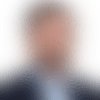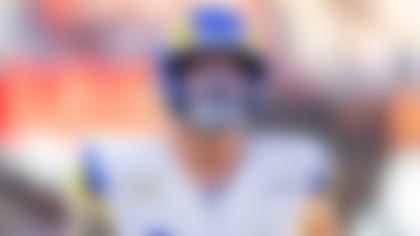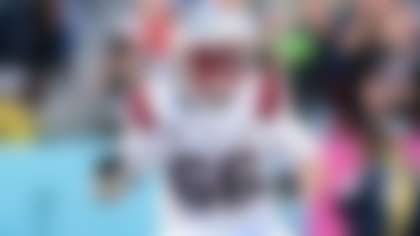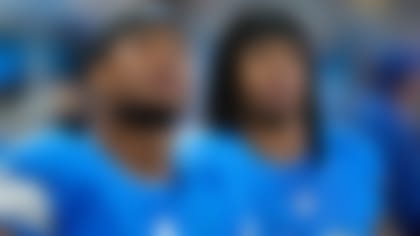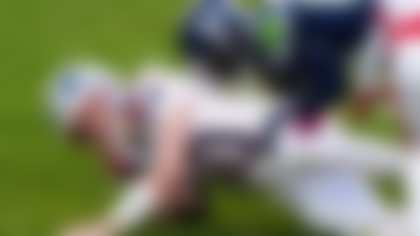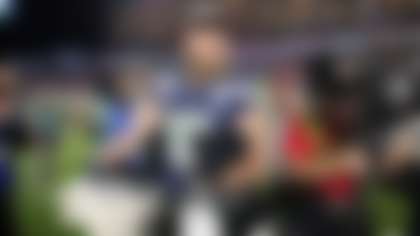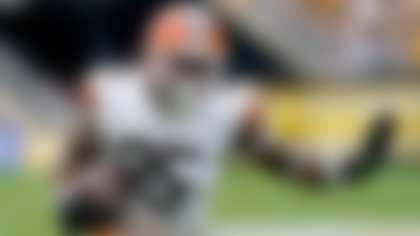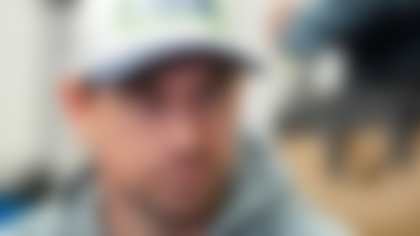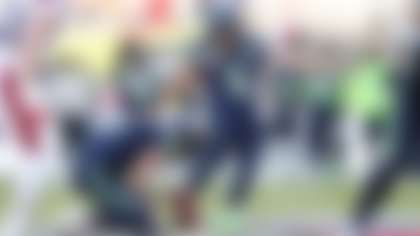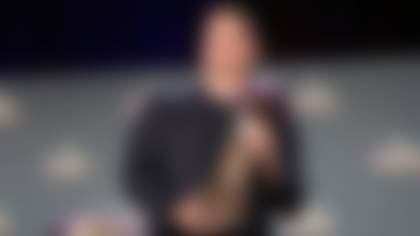Despite a neck injury to John Wolford, Jared Goff playing with a bum thumb and Aaron Donald injuring his ribs, the Los Angeles Rams have returned to the NFC Divisional Round for the first time since they advanced to the Super Bowl two seasons ago. Led by stellar defensive play and a host of Matt Gay field goals, the Rams downed the rival Seattle Seahawks, 30-20, on Saturday in NFC Super Wild Card Weekend action.
1) The Rams remain perfect under Sean McVay when leading at halftime. L.A. sprinted out to a 20-10 lead at the break and pulled away in the fourth quarter thanks to a defense that smothered Seattle, holding the Seahawks to 28 net yards on their first five second-half possessions as the Rams built a three-score lead. L.A's offense pounded the rock, and Jared Goff avoided the catastrophic mistake as the Rams took the season's rubber match. Goff took over on the second drive of the game when starter John Wolford took a shot to the head by Seahawks safety Jamal Adams. Wolford suffered a neck injury on the play and later was taken to the hospital for precautionary reasons. Goff recently had three pins inserted into a broken thumb suffered against these Seahawks in Week 16. At times you could tell the QB was playing with a broken digit, with the ball wobbling and fluttering out. Completing 9 of 19 passes, for 155 yards and a TD, Goff wasn't efficient. But no one should have expected him to be, considering the circumstances. You have to credit the signal-caller for gutting through the situation and sending his team to the Divisional Round. It's impressive he was able to play at all. The question moving forward is how Goff's thumb reacts and Wolford's health after the crushing hit.
2) Facing a team whose starting quarterback was sent to the hospital, it's backup playing with a barely functional throwing thumb, and top defender (Aaron Donald) sidelined most of the second half with a rib injury, Seattle laid an egg. The Seahawks offense got mauled by a great L.A. defense. Russell Wilson was befuddled, under pressure, and he missed passes left and right. The Seahawks' passing game got next to nothing done outside of broken plays, and there was zero flow and less cohesiveness until the contest was out of reach. Wilson finished 11 of 27 for 174 yards, two TDs, and he threw a game-changing pick-six in the first half. The offense, which had struggled for weeks to move the ball consistently fell apart in the postseason. Seattle compiled just 278 total yards, 11 first downs and didn't record a first down on seven of 14 possessions. What was once a promising season for Wilson deteriorated. Fittingly, the Seahawks season ended on Wilson's fifth sack of the day.
3) Cam Akers plowed through Seahawks defenders, spurring an offense stuck in the mud. With L.A.'s offense unable to do much through the first quarter and a half, Akers took over. First, it started with a 44-yard catch and run that led to the Rams' first offensive touchdown. On that scoring drive, Akers compiled 69 of L.A.'s 75 net yards. The rookie runner gashed through Seattle defenders, at one point making the ever-reliable Bobby Wagner whiff in the hole. Akers earned 131 rushing yards on 28 carries with a score and added two receptions for 45 yards. Akers' 176 scrimmage yards were more than half the Rams' 333 total yards. When healthy, Akers is a difference-maker in McVay's offense. Playing alongside an injured QB, Seattle knew Akers was getting the rock and still couldn't stop the RB.
4) The Seahawks' unsightly offense can be viewed as a compliment to the Rams' suffocating defense. L.A. defenders harassed Wilson at every turn. Leonard Floyd dominated as a force of disruption, compiling two sacks and three QB hits. The box score won't do justice to how influential Floyd was in discombobulating the Seahawks offense, even when Aaron Donald exited with an injury. The Rams pass rush was able to get home because the secondary locked down Seattle targets all game. Jalen Ramsey was as sticky as ever, Troy Hill smothered his man, Jordan Fuller and John Johnson III snuffed out most of the deep action. Darious Williams created the game-changing pick-six on Wilson, making a fantastic read to jump the WR screen. It was not all positive, though, as Donald suffered a rib injury early in the third quarter and was seen breathing heavily on the sideline. The annual DPOY candidate is one to monitor as the Rams move on. It's notable that even without the game's best defender, L.A. gave up zero inches to Wilson and Seattle. It's a credit to Brandon Staley's system and the depth of talent the Rams deploy.
5) Heading into the offseason, Pete Carroll has to re-evaluate his club. Winning the difficult NFC West was an admirable accomplishment, but it shouldn't mask the issues in Seattle. The offense stumbled mightily down the stretch, culminating in Saturday's face-plant. The offensive line remains an issue, but as is the play-calling and consistency. When asking Wilson to spin magic is your best plan, the operation is flawed. We've seen Seattle's offense play up-and-down ball before. Carroll's more significant issue is that his defense has been thrashed this year. After beating up on weaker teams down the stretch, the problems reared their head against a one-dimensional team in the Super Wild Card Round. Bobby Wagner was all over the field, compiling 16 tackles and a sack, and Jarran Reed earned two sacks. Otherwise, there wasn't much to write home about for a Seattle D that couldn't stop an injured QB. It's the latest disappointing playoff exit for a Carroll-coached Seahawks squad that hasn't made it past the Divisional Round since 2014.
